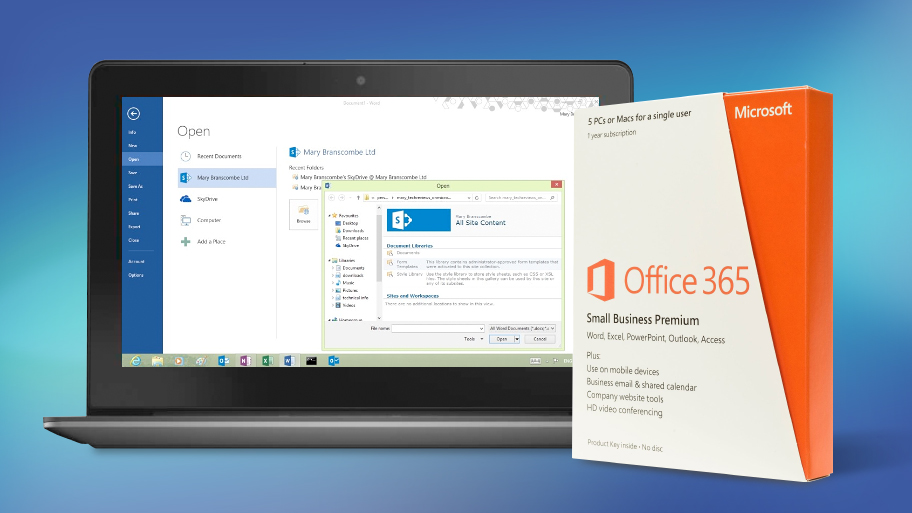How Amazon can maintain its momentum with AWS
There's a danger Microsoft could win the 'street battle' for the cloud
Microsoft, the company that is likely Amazon's biggest headache, is now settling down for what one analyst described as a "street battle".
"We continue to believe 2016 will be a '206 area code street battle for the cloud,' with Microsoft firmly best positioned as the vendor to compete with AWS on the enterprise cloud front for years to come," wrote FBR Capital earlier this year.
"We believe Microsoft and Azure have a long runway to cross-sell into their massive enterprise customer bases with a broad platform of cloud offerings for the next few years," the note continued. "We believe its best cloud days are ahead given our positive checks from the field around solid uptake of key cloud products (e.g. Office 365, Azure) heading into 2016."
It's true that Microsoft under CEO Satya Nadella has been much more open about working with competitors and that does, to an extent, include Amazon. But Microsoft has several key advantages over Amazon.

Office advantage
The first, and likely most obvious, is Office 365. Providing hosting, as Amazon does, is all very well but it exists in the background, away from the actual employees of the company who get stuff done. There isn't currently, and has never been, anything to rival Microsoft's comprehensive productivity suite out of Amazon and this could be a disadvantage going forward.
AWS is wildly successful, and will continue to be so, but Microsoft is making a real business out of selling enterprise clients – and consumers, but mainly businesses – subscriptions to Office 365, which includes Word, PowerPoint, Excel, and so on.
According to Microsoft's most recent earnings report, the company has over 22 million subscribers and revenue is growing 60% to 70% every year. The company does not break out revenue specifically for Office 365, but the overall segment it is in – Productivity and Business Processes – grew to $6.5 billion (around £5 billion, AU$8.7 billion).
Are you a pro? Subscribe to our newsletter
Sign up to the TechRadar Pro newsletter to get all the top news, opinion, features and guidance your business needs to succeed!
The flipside of this, beyond the fact that you get products in front of employees, is that Microsoft has many more offerings to sell than Amazon. Office 365 could, for example, be bundled in with Azure, the equivalent to AWS, and Windows. At a discount, this could be hugely attractive and it's a package Amazon can't match.
These two companies have always had strengths in different areas of the market – Amazon with startups, Microsoft with big businesses – and this is exactly the way Amazon should hope it doesn't go. If Microsoft can persuade even a fraction of its customer base to go with Azure plus Office plus Windows, because of the convenience and discounts, then there isn't much AWS can do.
Cause for concern
That isn't, of course, to say that AWS will fail or even stop growing. It's trajectory at the moment is very much upwards, but the lack of anything SaaS-wise should be a cause for concern.
Amazon has always been a company with a 50-year plan and, it seems, AWS is good to go for that long. Businesses, especially small ones, swear by it and Microsoft's relatively slow start in the infrastructure space has given AWS a big head-start – but that isn't to say it's a done deal and there are some key areas of weakness Amazon must address.
- Clash of the public cloud Titans: AWS vs Microsoft vs Google vs IBM
Max Slater-Robins has been writing about technology for nearly a decade at various outlets, covering the rise of the technology giants, trends in enterprise and SaaS companies, and much more besides. Originally from Suffolk, he currently lives in London and likes a good night out and walks in the countryside.